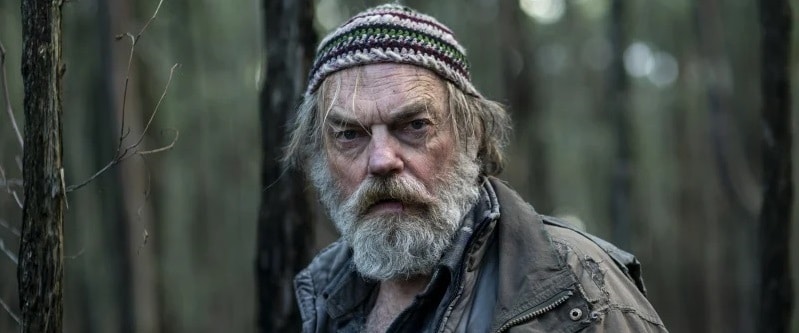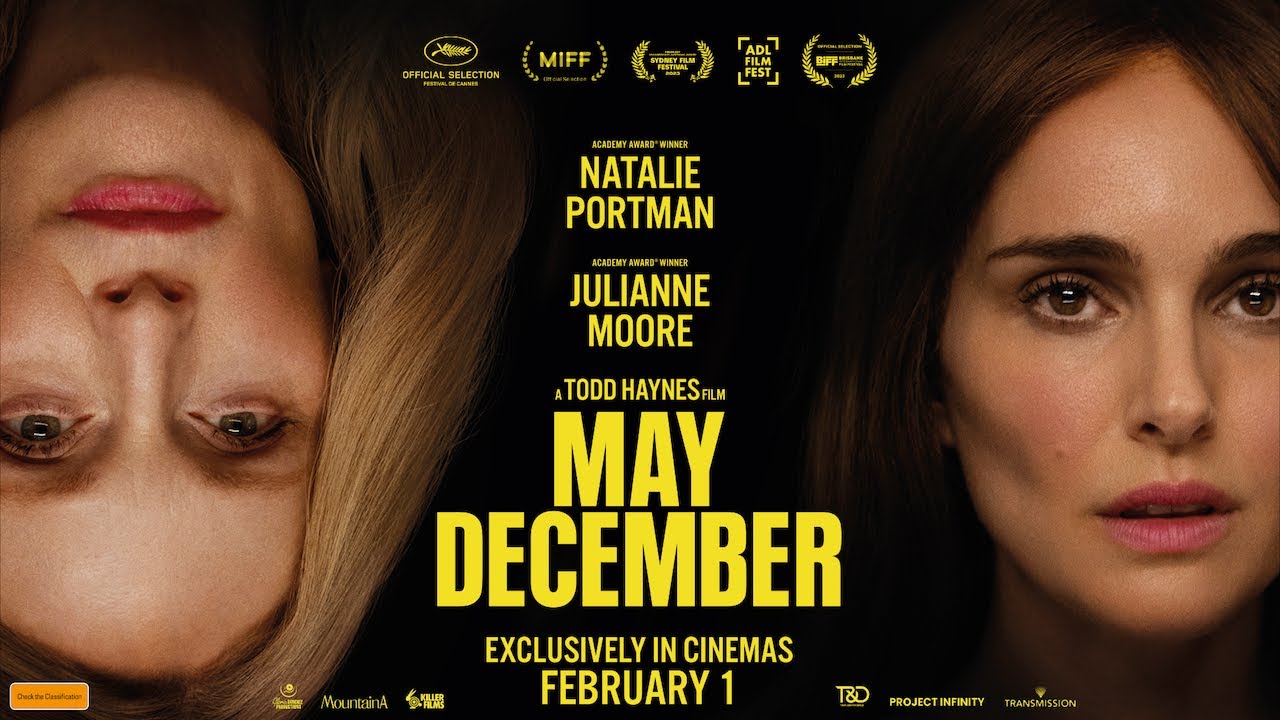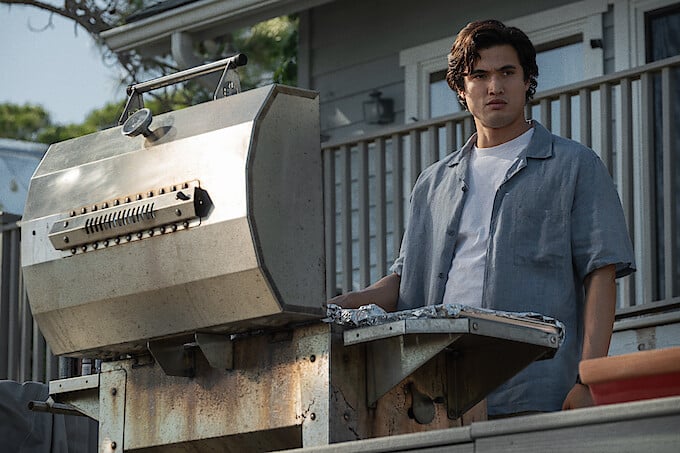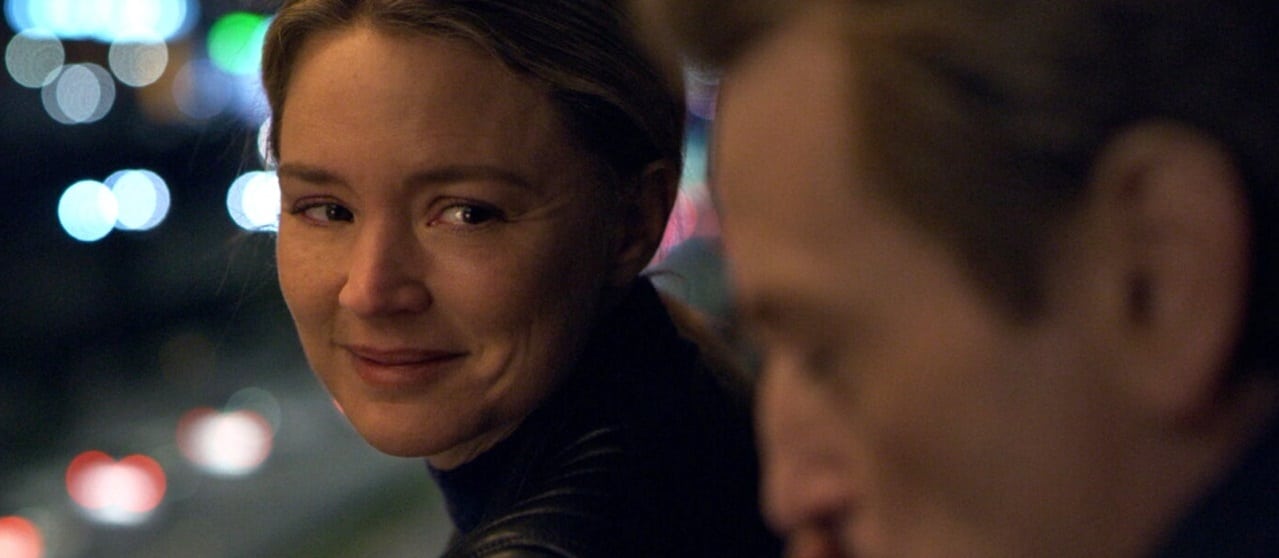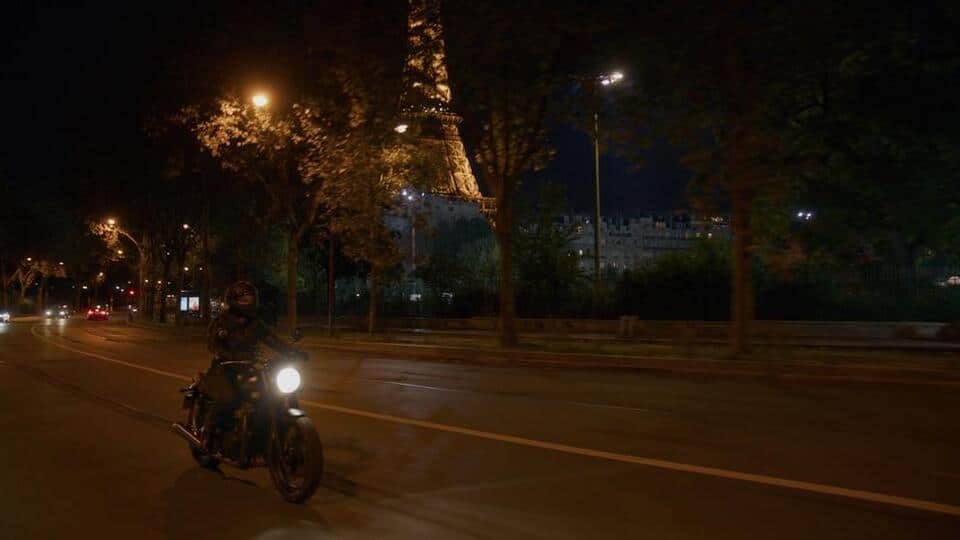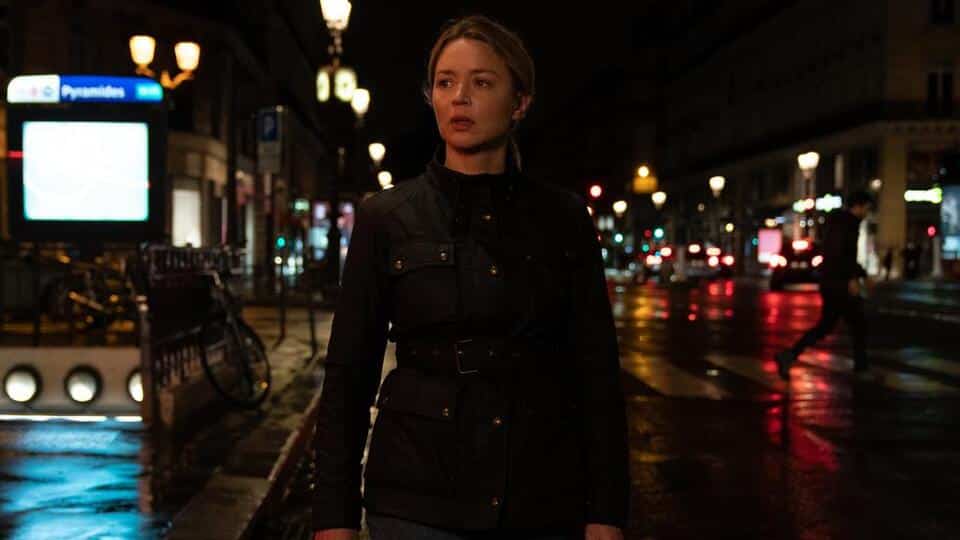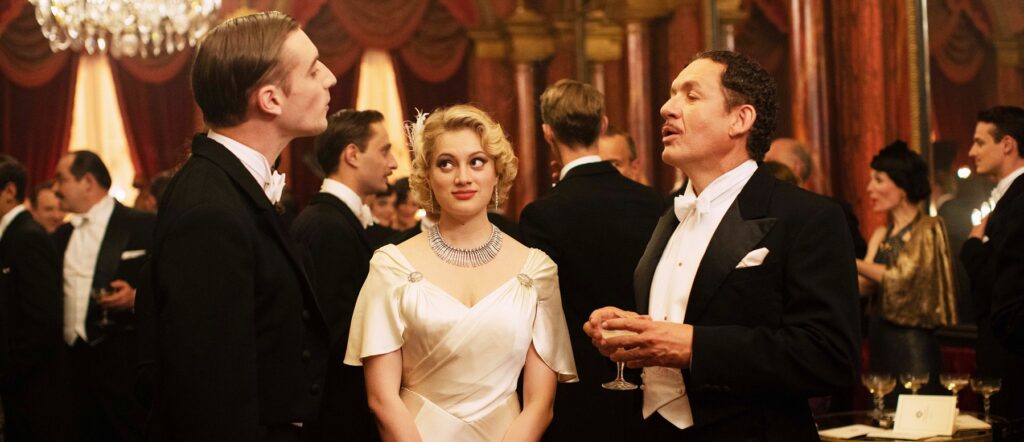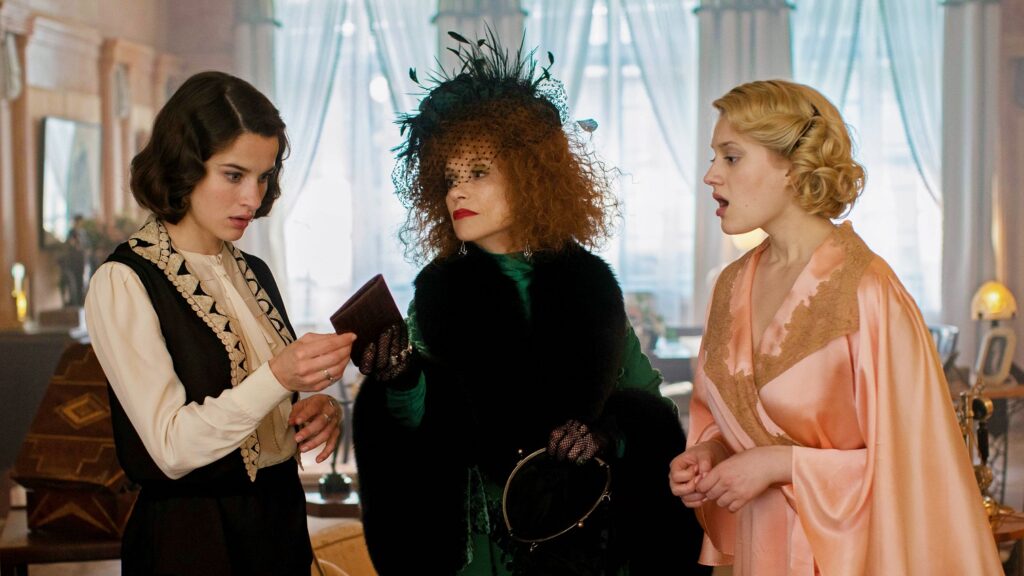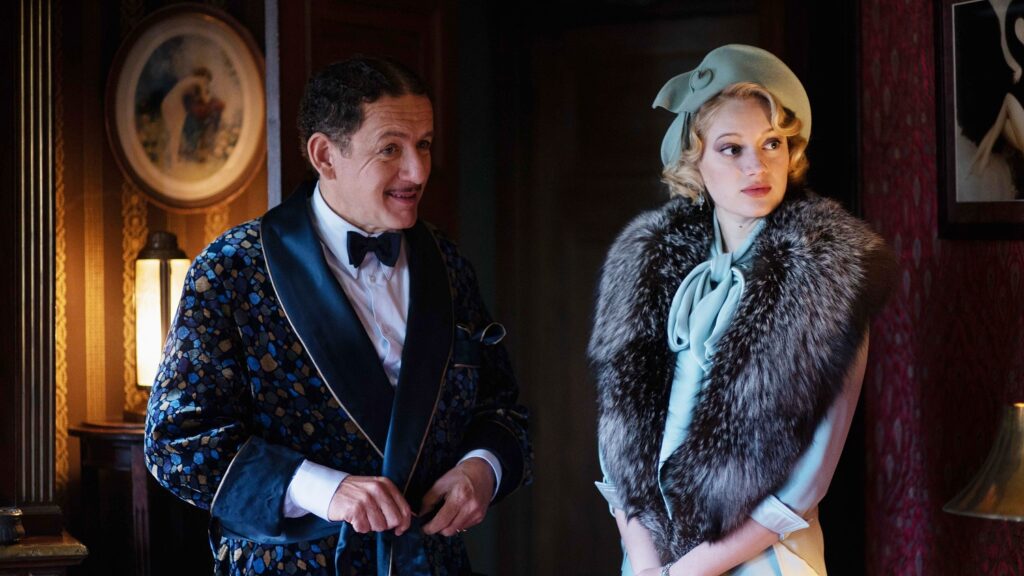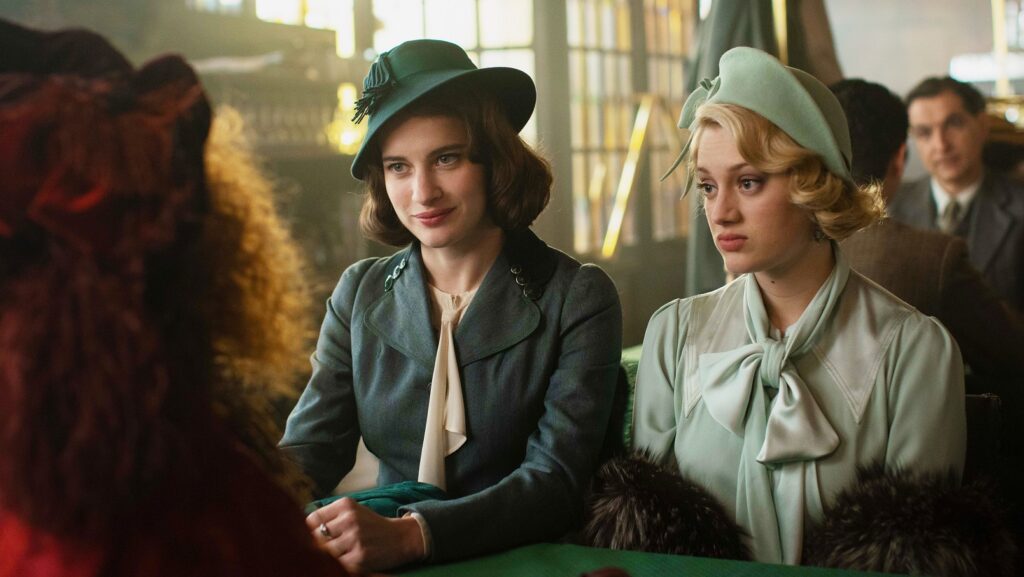The Rooster, a cinematic journey directed by Mark Leonard Winter and set against the backdrop of Australia’s picturesque bush landscape, opens with a scene shrouded in mystery, immediately captivating the audience. Its title, a symbol laden with anticipation and curiosity, sets the tone for a film that promises an exploration of deep themes and complex relationships.
From the outset, the film establishes its narrative pace and character development through the silent routines of its main characters. This method, mostly devoid of dialogue, is well executed and intriguingly allows the audience to immerse themselves in the characters’ lives and get to know them by observing their actions, particularly highlighting Dan, a small-town policeman portrayed with depth and nuance.
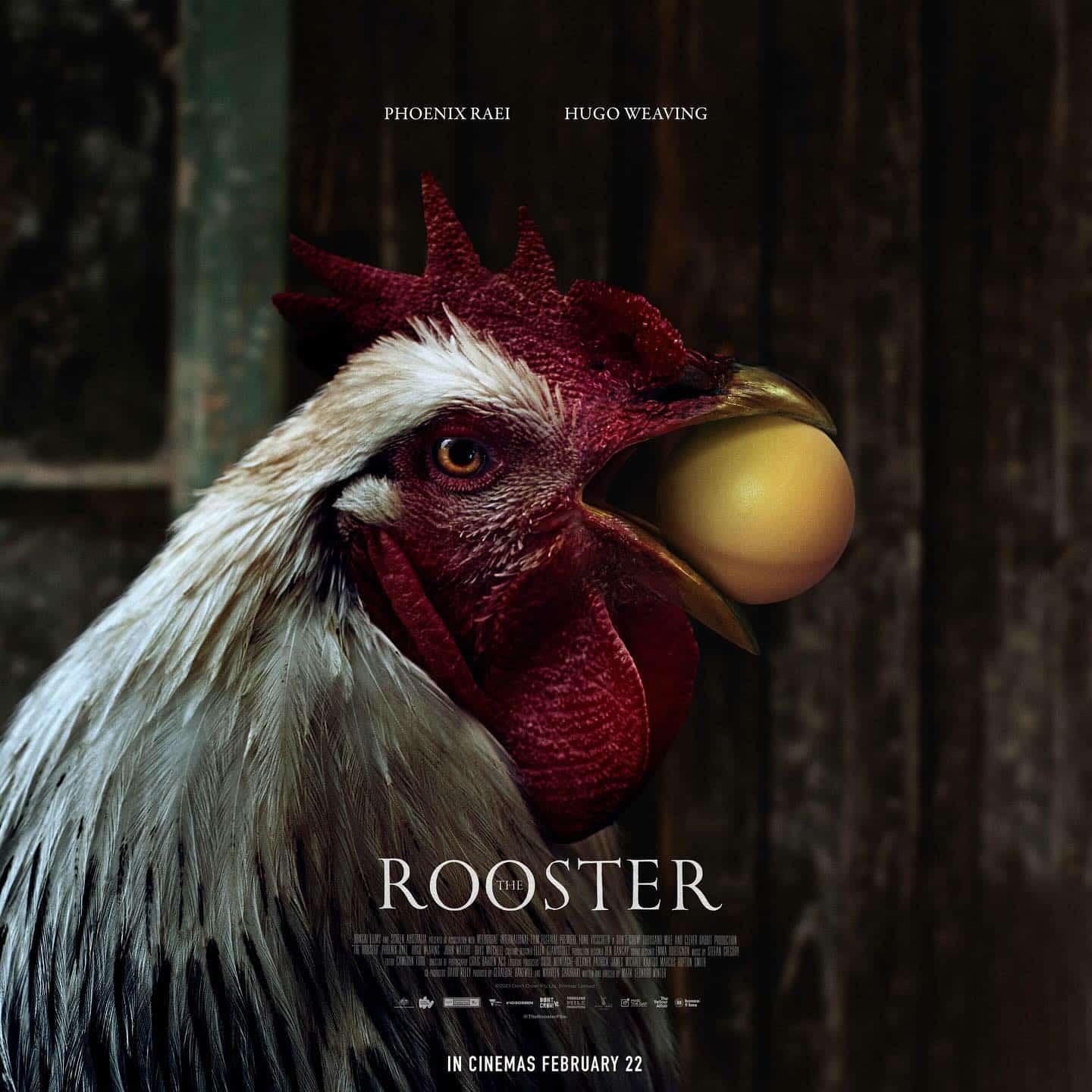
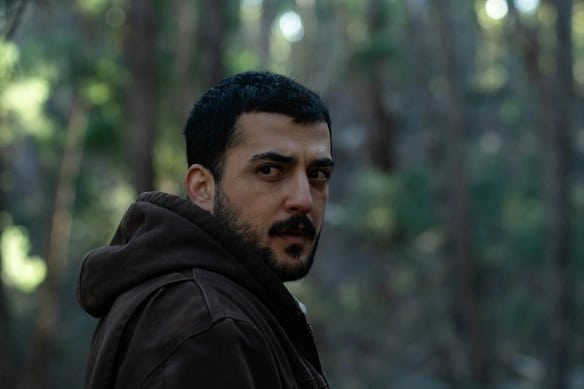
The storyline revolves around Dan (Phoenix Raei) as he navigates the aftermath of discovering his oldest friend buried in a shallow grave. This discovery propels him on a quest for answers, leading him to Tim (Hugo Weaving), a hermit living off the grid and the last person to see Dan’s friend alive. But was Dan looking to solve a potential murder mystery or attempting to answer his own questions? What ensues is a complex tapestry of friendship, grief, and existential search for meaning.
The investigation into the friend’s death, initially the story’s core, gradually becomes a backdrop to a series of events that, while visually compelling and enhanced by the Australian bush’s stunning cinematography, meander away from the initial mystery. At times, the friendship that forms between Dan and Tim feels muddled by actions and decisions that seem incongruent with the actions of real people.
Disappointingly, the film takes the time for the obligatory and unoriginal disrespect towards a religious symbol, which serves little purpose in portraying the character’s evolving relationship and rips the watcher out of the story. We’ve seen it all before, and it unnecessarily distracts from the story’s emotional resonance and thematic coherence.
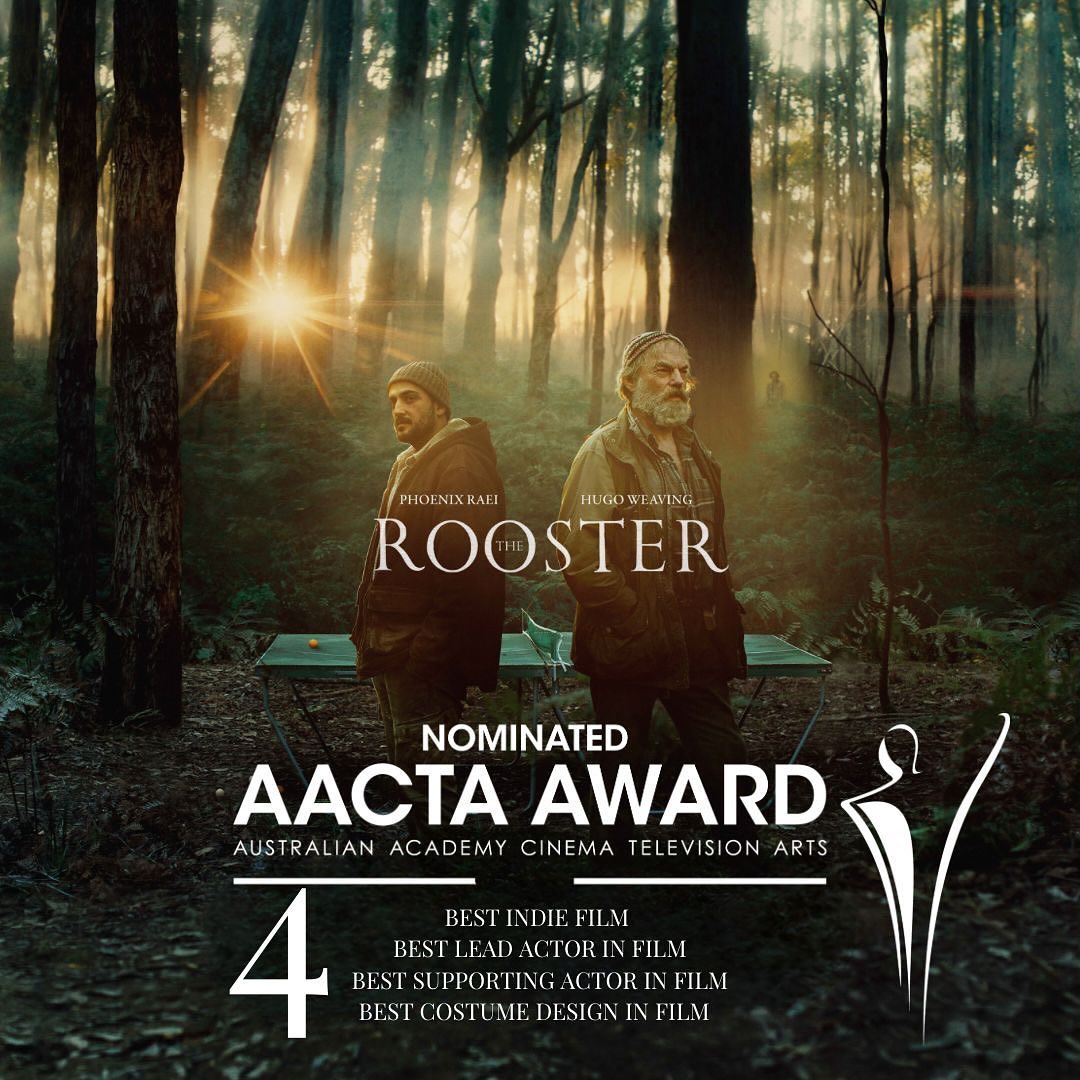
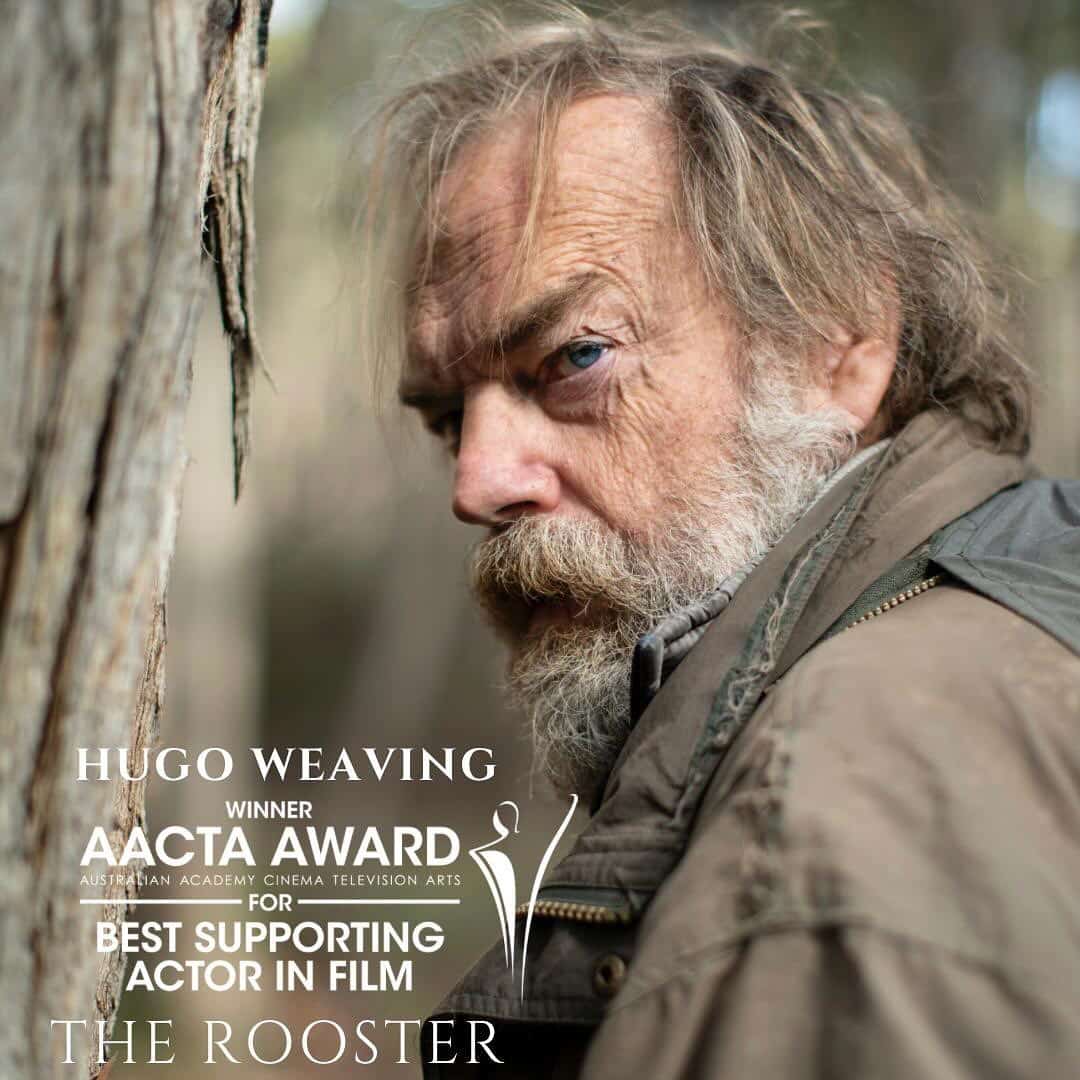
The visual storytelling, particularly the outdoor scenes set in the Australian bush, showcases the film’s technical strengths with excellent lighting and innovative camera angles.
As “The Rooster” concludes, the audience is left pondering the significance of its symbolism, the resolution of its mysteries, and the true arc of its protagonist, Dan.
The film explores themes of friendship, redemption, and the search for hope in unlikely places. Despite the strong performances and a promising premise, the film takes too long to develop the relationships between the central characters. The movie’s final act hints at the promise of an intense payoff worth the investment in time but inexplicably chooses to lower the stakes before concluding.
In summary, “The Rooster” offers an interesting afternoon’s entertainment, and with the star box office attraction Hugo Weaving present, fans will delight in his performance.
